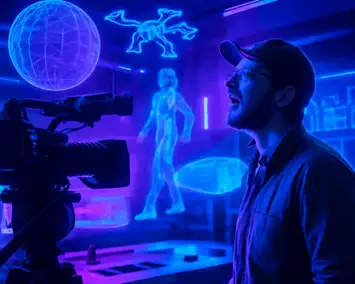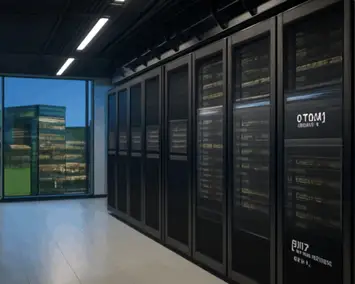At TechCrunch Disrupt 2025, held at Moscone West in San Francisco, Alex Kendall, CEO and co-founder of Wayve, a frontrunner in autonomous vehicle technology, will be a featured speaker on the AI Stage. Kendall is known for his contrarian approach to self-driving cars, which utilizes deep learning over traditional map-based systems. He aims to showcase Wayve’s AV2.0 technology that employs embodied intelligence to make autonomous vehicles adaptable and scalable on a global scale. Wayve has tested its vehicles across various challenging urban environments from London to San Francisco, indicating its systems’ ability to generalize across different settings without the need for detailed maps.
Founded in 2017 out of research conducted at the University of Cambridge, Wayve’s approach to autonomous driving challenges industry norms. While traditional autonomous vehicle technology relies heavily on predefined rules and maps, Wayve’s platform leverages deep learning to interpret and react to real-world conditions. This is achieved through the collection and analysis of massive datasets, enhancing the safety and adaptability of autonomous systems. The technology harnesses AI to learn from experiences, paving the way for creating a universal AI driver that can operate across various types and models of vehicles.
The implications of Wayve’s technology touch multiple stakeholders. For car manufacturers and tech companies, it represents an opportunity to integrate advanced AI systems into their fleets, potentially negotiating partnerships similar to the one planned with Nissan by 2027. For regulators, Wayve’s rapid scaling and international testing raise questions around safety protocols, cross-border regulations, and the ethical considerations of AI decision-making. For consumers, the promise of safer and more efficient autonomous vehicles could fundamentally transform urban transportation.
Looking forward, Kendall envisions a future where Wayve’s embodied AI technology transcends automotive applications. Beyond self-driving cars, such AI systems could revolutionize robotics, manufacturing, and healthcare, shifting how machines understand and interact with the real world. As the AV landscape becomes more competitive and densely populated with tech innovation, Wayve’s approach highlights a pivotal shift towards making autonomous vehicles more adaptable, reliable, and accessible on a global scale, pushing regulatory discussions and strategic partnerships to the forefront of commercialization efforts.









